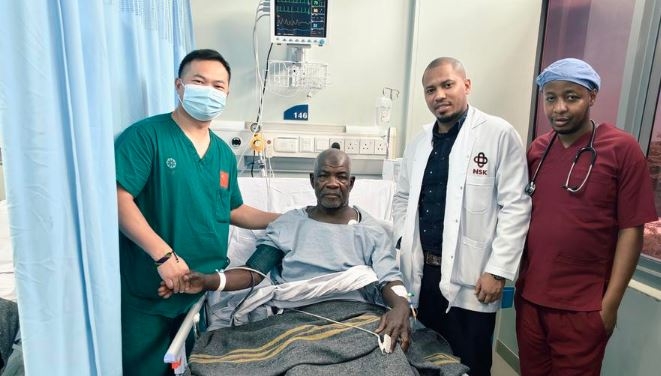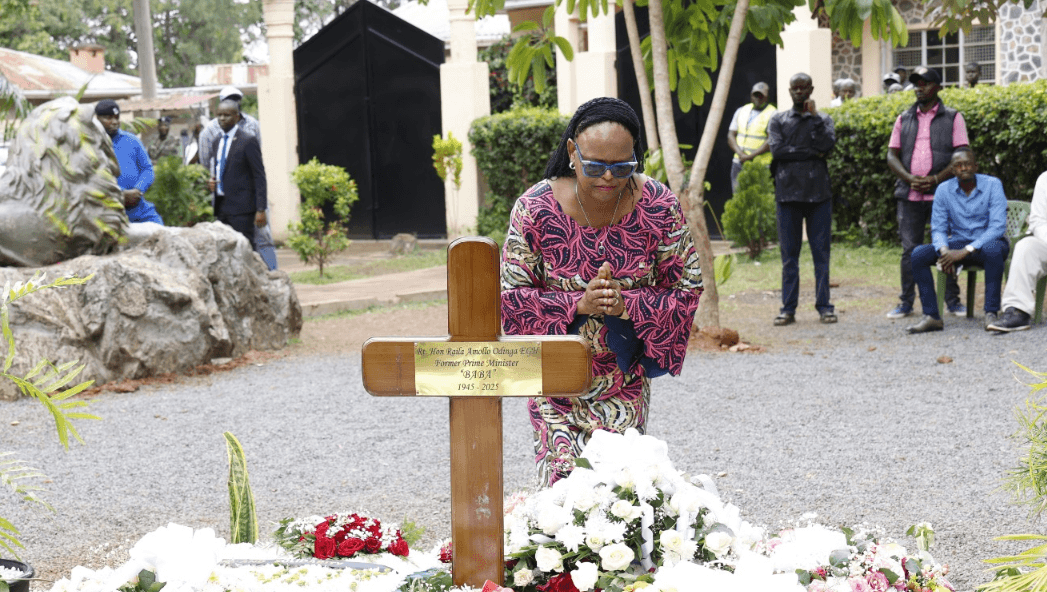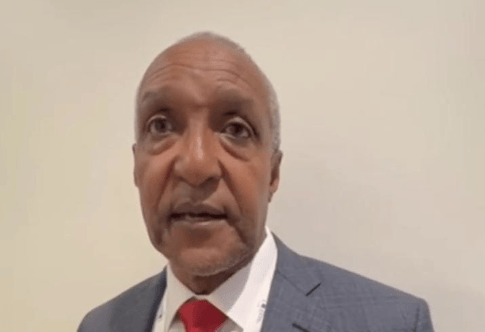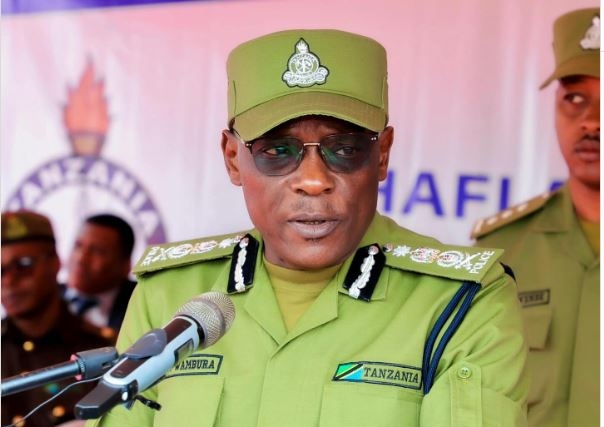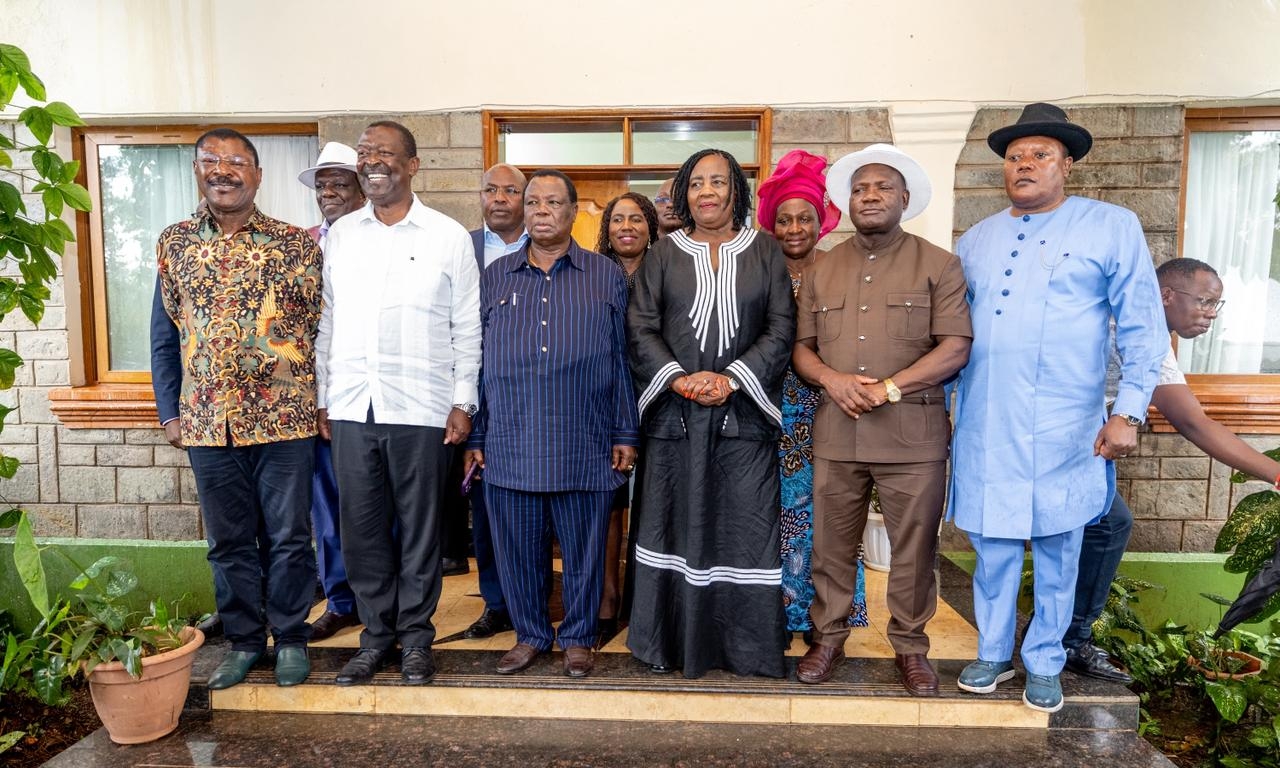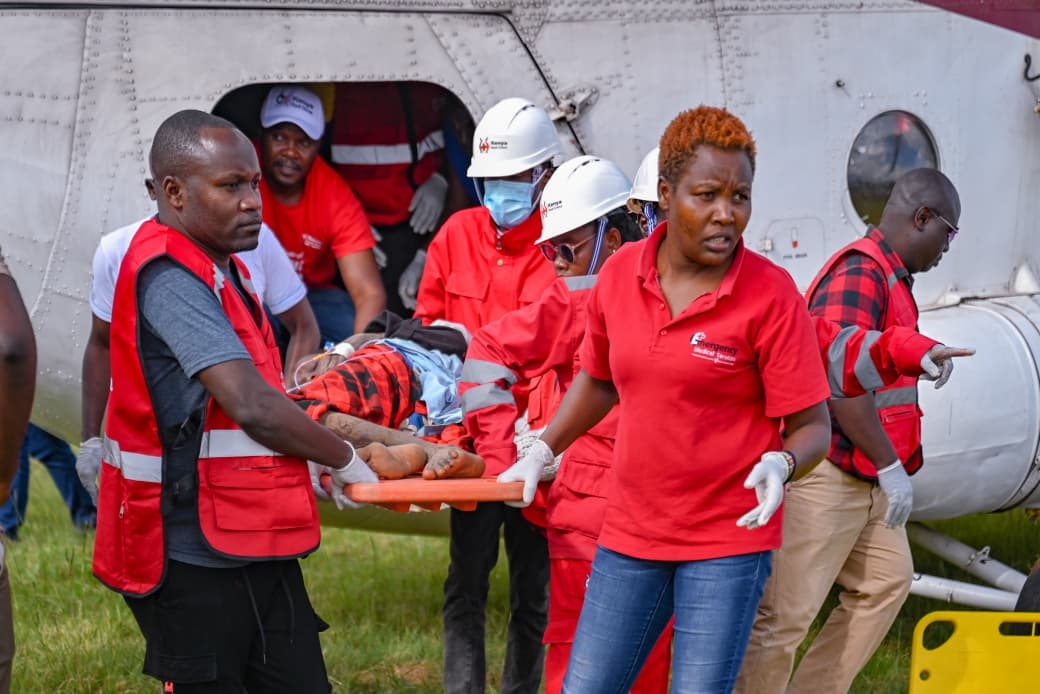Despite the decline in FGM and early marriage, many students in Kajiado East are still too poor to attend secondary school.
Area chiefs and commissioners are ensuring that they enrol.
Day secondary school is free but parents still must pay for uniforms and other supplies.
Fourteen-year-old Kodene Samanya was to be married to an older man after her family was unable to raise fees.
Samanya scored 202 marks in her KCPE examinations but her family had no livestock to sell for fees.
A similar story is that of Nakeel Ntuyoto, 15, who scored 252 marks at Endunyoekes Primary School.
The teenager hoped to become a teacher, however, his mother could not afford school supplies.
His father died when he was seven months old, and he was preparing to move to Tanzania and become a herdsboy.
The rampant non-enrollment led area assistant commissioner Boniface Mwenda to help children continue with their education.
After raising Sh5,000 with the area chief, they bought basic school items for Kodene and ensured she was enrolled at Merueshi Secondary School.
"In spite of many retrogressive cultural practices, we have achieved nearly 100 per cent transition of children from primary to secondary school," Mwenda said.
He said that due to civil education and collaboration with local communities, FGM has declined significantly, while early marriage has also gone down.
“The people at first doubted Mwenda’s efforts, with rumour mills spreading stories that he could be claiming to rescue children for his personal benefit,” Pastor Joseph Ramaita said.
However, the local administration supported Mwenda and residents saw the importance of supporting his rescue efforts.
The 100 per cent transition policy to secondary schools in 2018 has been received with mixed reactions.
The children have reported to class but most don't have the necessities such as toiletries, bedding and a change of clothes
While government administrators are proud of meeting or even exceeding the 100 per cent target, schools are straining with inadequate infrastructure and teachers.
Boarding schools have had to make do with limited facilities.
Last year, the government said it has set aside Sh8billion for the expansion of infrastructure facilities to secondary schools.
The children are in dire need for help, the pastor said.
"The children have reported to class but most don't have the necessities such as toiletries, bedding and a change of clothes," the pastor said.
He blames the situation on years of drought as the nomadic community no longer has pastureland for their livestock.
“We had a communal area where all our livestock would graze. However the land has been grabbed by intruders from the neighbouring county,” he said.
"Many families now have no animals, depending on well-wishers even for daily upkeep. The situation is no better when they try their hand at farming "
The area is part of the elephant corridor as wild animals move from the Amboseli National Park to Maasai Mara and back.
“The elephants destroy our crops as they pass through the area, and this has made farming unprofitable," he said.
(Edited by V. Graham)



